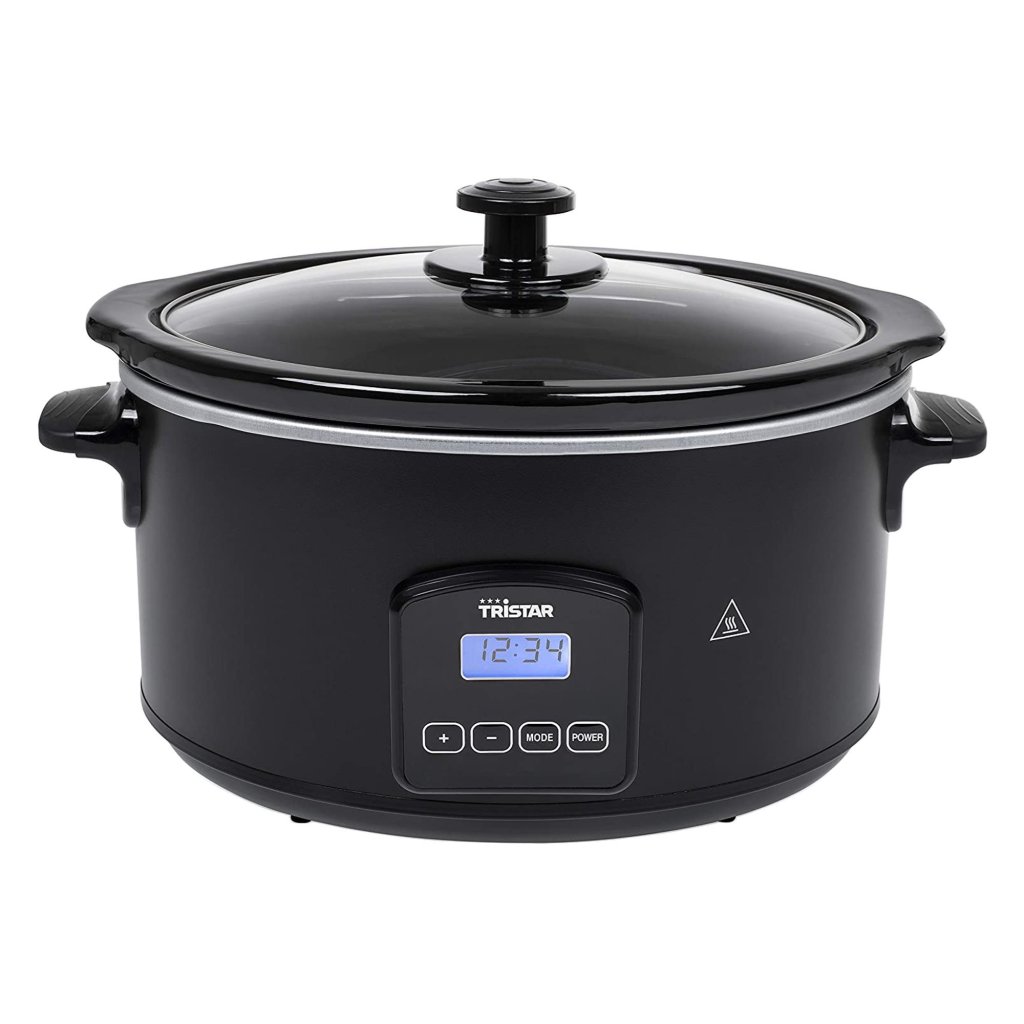
For the modern British home cook, the choice between a slow cooker and a pressure cooker can be a real dilemma. Both promise delicious, effortless meals, but their approaches to cooking are vastly different. Understanding their unique benefits and drawbacks will help you decide which appliance best suits your lifestyle and culinary ambitions.
The Enduring Appeal of the Slow Cooker
The slow cooker, often affectionately known as a "Crock-Pot" (though that's a brand name), has long been a staple in busy households across the UK. Its core principle is gentle, prolonged cooking at low temperatures.
Effortless Convenience: Perhaps its greatest draw is the "set-it-and-forget-it" convenience. You can simply add your ingredients in the morning – think hearty stews, rich curries, or tender pot roasts – and return home to a hot, ready-to-eat meal. This hands-off approach is ideal for those with demanding schedules, allowing you to maximise your free time.
Economical Cooking: Slow cookers excel at tenderising cheaper, tougher cuts of meat, transforming them into melt-in-your-mouth dishes. This can lead to significant savings on your weekly grocery bill. They are also energy-efficient, using less electricity than a conventional oven, making them a cost-effective choice in the face of rising energy prices.
Flavour Development: The extended cooking time allows flavours to meld and deepen, resulting in incredibly rich and aromatic dishes. Ingredients infuse beautifully, creating a complexity of taste that's hard to replicate with faster methods.
One-Pot Wonders: Most slow cooker recipes are designed for single-pot cooking, which means minimal washing up – a huge bonus after a long day.
Ideal for: Stews, casseroles, curries, pulled meats, soups, and even some desserts like sticky toffee pudding.
However, slow cookers do have some limitations. They aren't suitable for quick meals, and delicate vegetables can sometimes become overly soft. Browning meat beforehand in a separate pan is often recommended for better flavour development, adding an extra step.
The Speedy Solution: The Pressure Cooker
In contrast, the pressure cooker is all about speed and efficiency. By trapping steam and increasing pressure inside a sealed pot, it raises the boiling point of water, dramatically reducing cooking times.
Remarkable Speed: This is the pressure cooker's superstar quality. Dishes that might take hours on a hob or in a slow cooker can be ready in a fraction of the time – often up to 70% faster. Think risottos in under 15 minutes, or beef stew in less than an hour. This makes it perfect for last-minute meal decisions or quickly preparing dried beans and grains without soaking.
Nutrient Retention & Enhanced Flavour: The rapid cooking time and sealed environment help to preserve more vitamins and minerals that might otherwise be lost through evaporation. Flavours are also intensified as they are trapped within the pot, leading to vibrant and concentrated tastes.
Energy Efficiency: Due to their speed, pressure cookers use less energy than traditional cooking methods, contributing to lower utility bills.
Tenderising Tough Cuts (Quickly!): Like slow cookers, pressure cookers are excellent at tenderising tough cuts of meat by breaking down collagen and connective tissues. The difference is they achieve this in minutes rather than hours.
Versatility: Modern electric pressure cookers (like the popular multi-cookers) often combine several functions in one appliance, including pressure cooking, slow cooking, sautéing, and even making yoghurt.
The main downsides of a pressure cooker include a steeper learning curve for beginners, as understanding pressure levels and release methods is crucial. There's also a risk of overcooking if timings aren't precise, as the process is so fast.
Which is Right for Your Kitchen?
Ultimately, the choice between a slow cooker and a pressure cooker depends on your priorities:
Choose a slow cooker if: You love coming home to a meal ready to eat, prefer hands-off cooking, want to save money on cheaper cuts of meat, and appreciate deep, melded flavours.
Choose a pressure cooker if: You need meals quickly, value nutrient retention, want intense flavours in less time, and are happy with a small learning curve for maximum speed.
Many contemporary multi-cookers now offer both slow cooking and pressure cooking functions, providing the best of both worlds. For the busy Brit balancing work, family, and a desire for delicious home-cooked food, either appliance can be a culinary game-changer, simplifying meal preparation and enriching your dining experience.